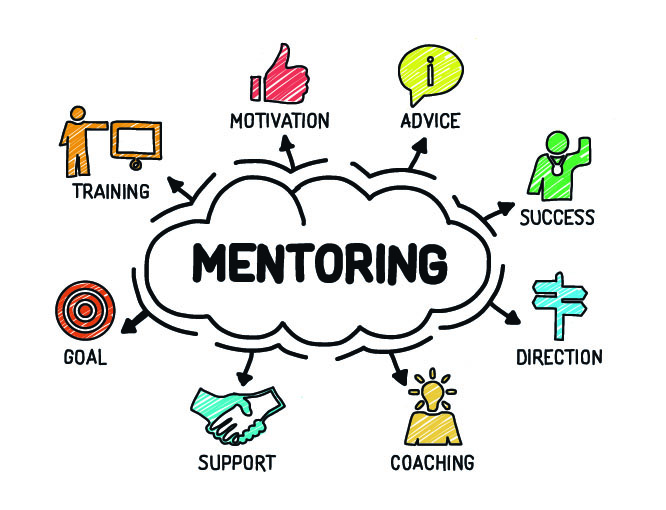When asked for career advice, I used to tell young people that an internship was the most important thing they could do. Yet today, I’d say getting a mentor belongs at the top of the agenda. Certainly internships are still important, because they provide real-world experience; however, having a mentor is like getting experience on steroids. You’re exposed to vast amounts of knowledge without having to spend a lot of time or tuition in the school of hard knocks.
I’ve been fortunate to have had several excellent mentors — people who have guided me, served as role models and advanced my career in some fashion. They created opportunities and introductions that may not have happened otherwise. They taught me not only business tactics and strategies but also social and life lessons. For example, Jordan Tatter taught me the importance of holding people accountable while not micromanaging them. Another wonderful mentor, Gordon Guyer taught me the best way to develop any relationship is to visit someone on their turf — a simple act that always leads to better outcomes.
Where to find a mentor? It might be someone in your industry, or even better, in your workplace.

Mentoring is more informal than a boss-subordinate relationship, although you could be mentored by your boss. Mentorships also happen at different levels of the organization. You can be proactive, and ask someone you think highly of to mentor you, but it often occurs naturally.
As far as traits go, look for someone you admire, someone whose behavior you want to model. And for the relationship to really work, there has to be some level of admiration on both sides. You want a mentor who believes in you, someone who sees your value and potential. And you want a mentor who will be honest — at times, brutally honest — someone whom you respect enough to listen to when difficult topics are on the table.
You’re never too old to have a mentor, for there’s always more to learn. More important, as emerging leaders mature, they should start mentoring others. It falls into the realm of giving back.
As both mentor and mentee, it’s important to be aware of inherent biases. For a long time, I didn’t travel overnight with female employees to events because I thought it might cause gossip. And though I thought this was a noble policy, one day I mentioned it to a friend who ran her own PR agency. She gave me a severe scolding, pointing out that I was cutting off mentoring opportunities for women, and gender shouldn’t be a consideration. Then I talked to my wife and daughter, and they practically tore my head off. Needless to say, I’ve changed my ways.
So think about any biases you may have. Don’t let race, age, gender — or favorite sports team — affect whom you mentor. Diversity only expands the learning opportunities in a mentorship.
Besides being aware of potential blind spots, it’s important to recognize there are times a mentorship can be a little awkward. For one thing, if you’re the boss, people might accuse you of playing favorites, which of course, you can’t do. At the same time, I argue that you have an obligation to bring other people along. It’s just as important to recruit mentees as you would talent in your organization.
One remedy is to mentor more than one person in your organization. And if the mentee isn’t your direct report, touch base with their supervisor to make sure it’s okay. Another solution is to establish a formal mentorship program and have your leadership team match mentors and mentees. This puts some structure around mentoring — and creates a sustainable initiative for leadership development.
Mentoring is a very satisfying. For one thing, it feels like you’re leaving behind a legacy. In addition, mentorships may begin as professional relationships, but they often evolve into deep, lasting friendships.
So get a mentor, be a mentor — and start a mentorship program.
Published 8/21/2017
